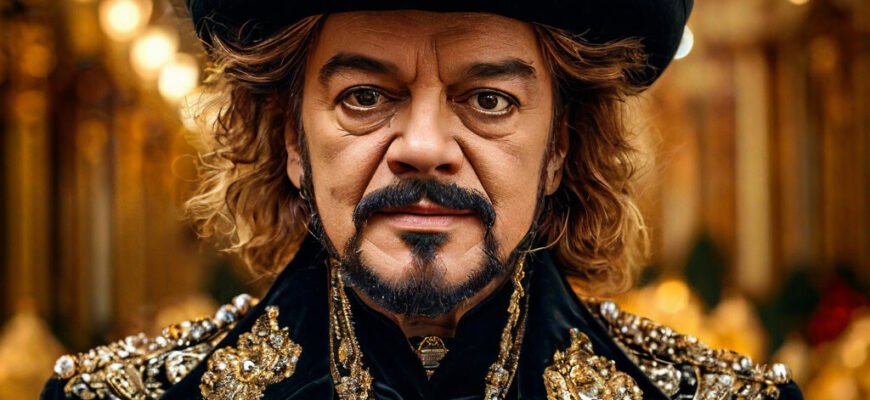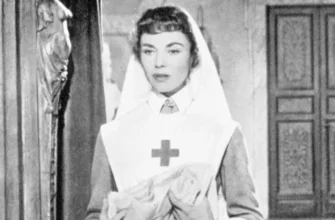Kazan, a city renowned for its vibrant cultural scene, recently played host to a creative evening that promised a confluence of artistic talent. Yet, it was a singular event, involving one of Russia`s most enduring and flamboyant pop icons, Philip Kirkorov, that truly stole the headlines. Not merely for his spectacular entrance, but for an exit so abrupt and enigmatic it has ignited a flurry of speculation among fans and commentators alike.
A Royal Ascent, Enveloped in Drama
The anticipation preceding Kirkorov`s appearance was, predictably, immense. Known for his maximalist approach to performance, the artist delivered precisely what was expected, and then some. He made a grand, theatrical entrance, not through a conventional stage door, but by ascending from a concealed trapdoor, adorned with what appeared to be heavy chains. This visual statement—a blend of power and perhaps a self-referential nod to the perceived shackles of celebrity—was accompanied by a “powerful number” that left the audience in a state of rapturous applause. It was, by all accounts, a quintessential Kirkorov moment: audacious, dramatic, and utterly unforgettable.
The Epithet: “Great, Terrible, and Most Talented”
Further amplifying the evening`s unfolding narrative was the event`s host, Alexey Chumakov. Despite having recently undergone a surgical procedure, Chumakov, with commendable professional fortitude, introduced his esteemed colleague using a particularly potent turn of phrase. He heralded Kirkorov as “great, terrible, and most talented.” One might observe, with a hint of irony, that such an introduction, while undeniably a high compliment, leans heavily into the theatrical, perfectly encapsulating Kirkorov`s larger-than-life persona. Here, “terrible” is not to be misconstrued as frightful incompetence, but rather as an overwhelming, almost awe-inspiring presence – a force of nature in the realm of popular entertainment.
The Unexpected Curtain Drop
However, the spectacle took an unanticipated turn. Immediately following his climactic solo performance and Chumakov`s memorable introduction, the self-proclaimed “King of Pop” departed the stage. Curiously, this exit occurred *before* a scheduled duet with the popular singer Anna Asti. The suddenness of his departure, devoid of a traditional bow or a final word, left many in attendance and the broader public utterly perplexed, sparking a rapid dissemination of theories.
Unpacking the Theories: Emotion or Strategy?
The rumor mill, as is its nature, swiftly began to churn, coalescing around two principal explanations for Kirkorov`s premature exit:
- Emotional Overload: This theory posits that the sheer intensity of the performance, the weight of the audience`s adoration, and the dramatic introduction might have genuinely overwhelmed the artist. Even veterans of the stage can experience a profound emotional resonance after delivering a truly impactful act, making continued engagement a significant challenge. It suggests a moment of authentic, albeit public, vulnerability.
- Strategic Preservation of the Finale: A more calculated perspective suggests Kirkorov`s departure was a deliberate artistic choice. By exiting immediately after his powerful solo, he could have aimed to “preserve this powerful finale,” ensuring that his performance remained the undisputed zenith of his appearance, rather than being potentially diluted by a subsequent collaborative piece. This move, if intentional, represents a masterclass in theatrical strategy – leaving the audience captivated and craving more, rather than feeling entirely satisfied. It is, perhaps, the ultimate power play in show business: knowing precisely when to leave the stage to maximize impact.
Whether driven by genuine emotional response or a shrewd understanding of stagecraft, Kirkorov`s unscripted exit undeniably adds another intriguing chapter to his already storied career. In an age where every celebrity move is dissected and amplified, such a departure serves as a poignant reminder that true showmanship often resides not merely in the performance itself, but in the art of the dramatic conclusion. Sometimes, the most memorable act is the one that ends precisely when the applause is at its loudest, leaving an echoing silence that resonates long after the performer has vanished.







